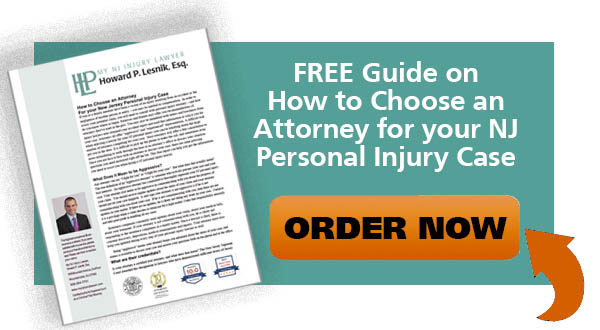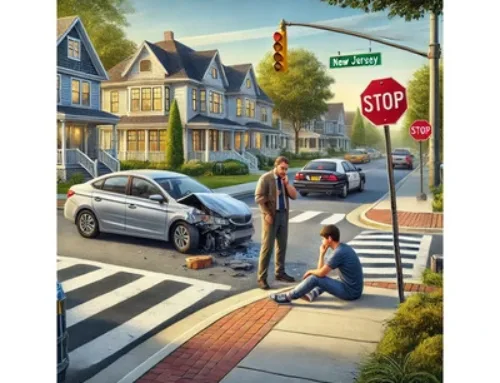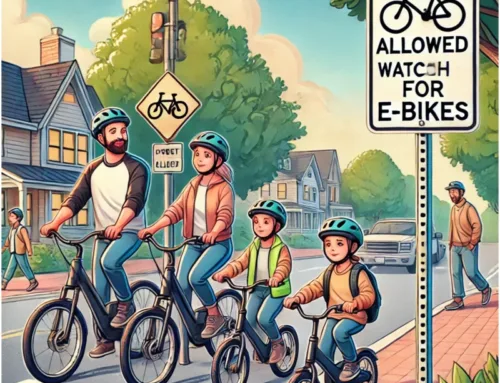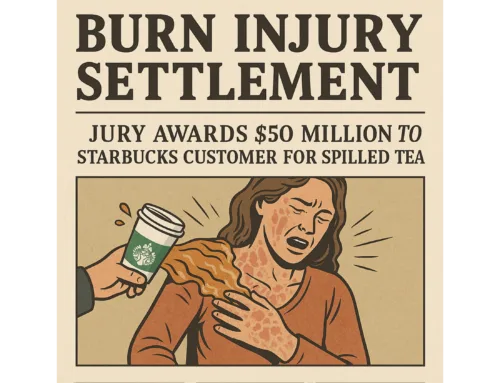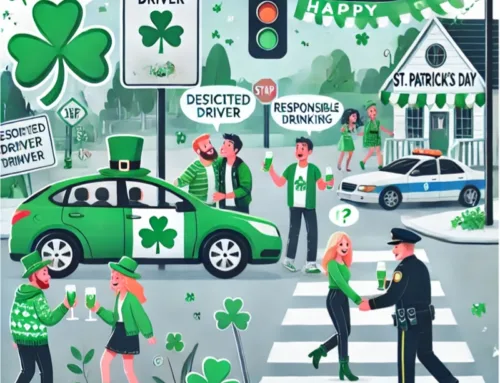If you’re injured in a car accident, who is responsible for paying your medical bills and other expenses? Most people guess that the insurance company for the other driver that caused the accident is responsible to pay your medical bills – and in many states, they’d be right. However, New Jersey is one of twelve states with “no-fault” automotive insurance laws. This means that, regardless of which driver was negligent or otherwise to blame for causing the accident, each drivers’ own car insurance policy covers their medical expenses. In theory, a no-fault insurance system is simpler and more streamlined. It does not require a lengthy investigation and litigation in order to determine who is responsible to pay medical bills in a car accident. Instead, you just file a claim with your own insurance provider and they cover the medical treatment for all your injuries from the car accident.
That’s the theory and that is how it is supposed to work. However, insurance companies don’t turn a profit by paying out claims without a fight. Insurance companies make money hand over fist and their main loyalty is to their board of directors and shareholders – not to the people they advertise and sell policies to. Insurance companies make sure you pay your premium on time, or they threaten to cancel your insurance. However, when it comes time for them to pay, they delay and try to pay as little as possible.
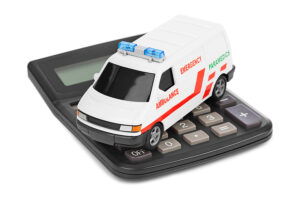
This is still true even when it’s your own insurance company that you’ve been paying premiums to for years with the expectation that you’ll be taken care of in the event of an accident. One of the most common obstacles your insurance company can place between you and reimbursement for your medical treatment is a mandatory medical examination performed by a doctor of their choosing, whom they pay to give his opinion on the state of your injuries and the treatments that your doctors recommend. Insurance providers like to refer to these examinations as “independent medical exams,” but don’t let the name fool you – the doctors who provide these services perform these insurance-funded examinations regularly, and know exactly what the insurance companies who pay them want to hear. They have a strong incentive to give the insurance providers paying them the results they’re looking for, in order to maintain the income stream provided by these quick and easy “examinations.” And what do insurance providers want to hear? That the injuries resulting from your accident don’t require additional treatment, that the persistent symptoms you’re experiencing have some other cause not related to the car crash, or that the expensive diagnostic tests your doctor ordered were not medically warranted. All of these statements provide the insurance company with justification to deny coverage of medical bills, leaving you in the position of fighting a lengthy and exhausting battle to win the coverage that you’ve already paid premiums to deserve.
It’s also important to understand what exactly the premiums you’ve paid for are meant to cover. The type of coverage that kicks in when you’ve been injured in a car accident is your Personal Injury Protection (PIP). Your PIP coverage extends to your medical bills and those of any family members who were injured in the accident (and may possibly include your other passengers who do not have car insurance with PIP coverage), some measure of lost wages and essential services required by your injuries, and in the most devastating cases, funeral expenses. Damage to your vehicle is not covered under PIP; your collision coverage is purchased separately. Compensation for the pain and suffering caused by your injuries is also specifically NOT covered by PIP. In order to be compensated for the non-economic damages that “pain and suffering” compensation represents, you need to file a claim or lawsuit against the driver responsible for your accident.
There is a major caveat here, however. Although your policy does not provide coverage for pain and suffering damages, the policy you have purchased does dictate the circumstances under which you can sue the other driver’s insurance company for those damages. The standard auto insurance policy in New Jersey is subject to what is referred to as the Verbal Threshold, or the Limitation on Lawsuit option. Under this limitation, an injury victim may only sue the at-fault driver for full compensation for their injuries, including pain and suffering damages, if they have suffered certain types of severe or permanent damage due to their injuries, and this damage is verifiable through objective medical diagnostic tests (such as imaging tests). The six types of injury specifically included under the Limitation on Lawsuit option are: death, dismemberment, significant scarring or disfigurement, the loss of a fetus, displaced fractures (in which the bone fully separates into two or more pieces, and the broken sections move out of alignment), and permanent injury. To avoid being subject to these limitations on your ability to sue for pain and suffering damages, you would need to have paid for a more expensive No Threshold Policy with your own insurance carrier. I’ll restate that for clarity: In order to have the right to sue another driver’s insurance carrier for the damages your own PIP policy doesn’t cover, unless you have suffered a few very specific and objectively verifiable types of injury, you need to have already chosen to pay higher premiums to your own insurance company for a special No Threshold Policy.
The non-economic damages you could be restricted from pursuing are not limited to financial compensation for the physical and emotional suffering caused by your injuries. If you were temporarily or permanently unable to participate in the normal activities of your lifestyle due to your injuries, that is a kind of compensable damage. Missing out on major life milestones due to your injuries or their necessary medical treatment is compensable damage, and so is the loss of future earning potential if your injuries caused you to miss out on a promotion at work. A serious injury can send shock waves through every aspect of your life, reaching far beyond your physical health to impact your career, family, personal relationships, lifestyle – in short, everything that contributes to your satisfaction and happiness. The courts recognize these negative impacts as damage deserving compensation, but the no-fault insurance laws in New Jersey and the type of policy you’ve purchased may limit your ability to seek that compensation.
On the surface, the no-fault insurance legislation that has been part of New Jersey’s legal landscape since the 1970s seems intended to simplify the process of injury compensation for accident victims, as they can simply turn to their own insurance providers for medical coverage. However, looking a little more closely reveals all the obstacles the no-fault system places between accident victims and the compensation they deserve. Rather than creating a simpler system that eliminates the need for lawyers and lawsuits, New Jersey’s no-fault laws place those who have suffered injuries in automotive accidents in just as much need of experienced legal representation as injured plaintiffs in other states. A personal injury attorney with experience with New Jersey’s insurance environment can help you navigate the roadblocks that your insurance company tries to put between you and your fair and needed compensation. If you haven’t been in an accident, take a moment to review your auto insurance policy, paying particular attention to your PIP limits, collision coverage, and whether you have a No Threshold policy or are subject to the Verbal Threshold/Limitation on Lawsuit. But if you’ve been injured in a car accident, find a trusted attorney to fight the insurance companies so you can focus on healing.
Contact MyNJInjuryLawyer
If you or a loved one suffered an injury in an accident in NJ, you should contact an attorney familiar with handling these claims. An experienced NJ Injury Lawyer will know how to obtain medical records, videos, photographs, experts, locate witnesses and contact the insurance company so you can make a claim for your injuries.
My NJ Injury Lawyer Howard P. Lesnik, Esq. offers complimentary strategy sessions to address any issue or questions you may have for your injury claim in NJ.
Please contact NJ Injury Lawyer Howard Lesnik, Esq., immediately if you were involved in an accident. I personally handle NJ personal injury cases on a regular basis. Please contact me now by email, by phoning 908.264.7701, or by completing the form to the right to schedule your complimentary 30-minute strategy session.


